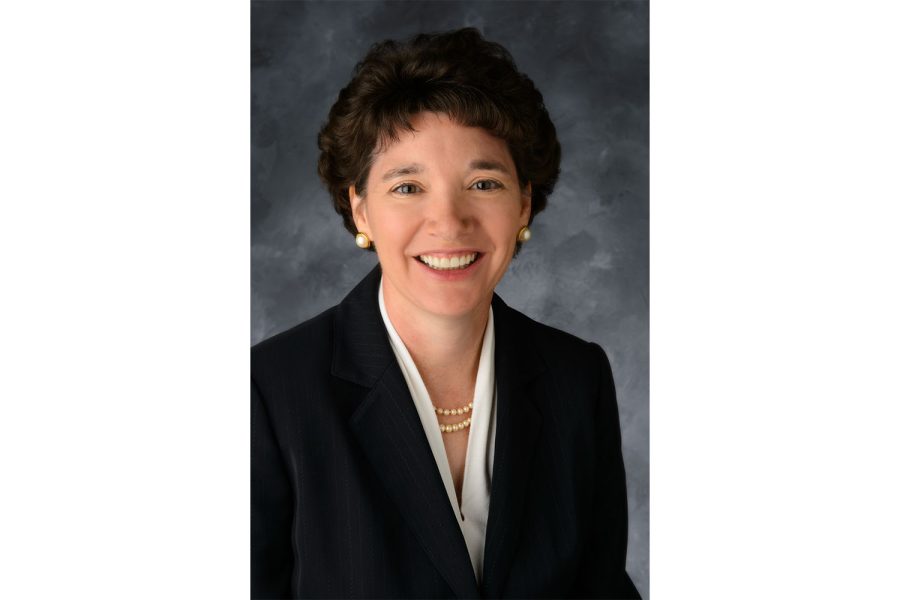UI to prioritize in-person work for faculty, staff
The University of Iowa released its Future of Work@Iowa final report, emphasizing in-person work over remote and hybrid options. The report states that flexible schedules must align with the university’s priorities.
April 18, 2022
The University of Iowa released its Future of Work@Iowa final report, detailing that faculty and staff work practices should enhance the UI’s goal of having an in-person “residential campus experience” for students.
While the report states most faculty and staff roles should remain in-person, the UI will continue to assess flexible work options for employees, allowing them remote, hybrid work, or alternative schedules, if such arrangements benefit the UI’s core missions:
- To enhance the student experience
- To expand services
- To redirect resources
- To support employee recruitment and/or retention
The Future of Work pilot program, which started in the fall of 2021, ends on June 30. The UI initiated the program to “evaluate and modernize flexible work policies and practices,” after the disruptions of the COVID-19 pandemic.
Cheryl Reardon, the chief officer and associate vice president of UI Human Resources, said UI staff are more likely to be approved for flexible arrangements than faculty because the latter group must provide the in-class experience so essential to the UI.
“For faculty members, I think it’s a little harder to have a business justification for why, because of the mission of our campus which is residential,” she said. “On the staff side, some of our administrative functions, where individual contributors are performing job duties, there’s more ability to see that.”
Reardon said intermittent flexibility for UI employees has always been an option at the UI, giving an example of a professor whose child is sick and needs a temporary remote option.
Long-term options must first be considered at a local level, she said, among administrators, who must provide “business rationales” for flexible arrangements.
“The colleges are so different from one another, it’s hard to do that campus-wide,” she said.
In addition to employee satisfaction, the report cites the potential for creating more working spaces at the UI, something there is never enough of, Reardon said.
“If we have an employee that works four days off-campus and comes into the office just one day … you start to question, ‘does that person need a designated workspace?’” Reardon said.
She added that sharing space is also an option.
“If we do that, then there’s the ability to recoup some cost savings that could get reinvested into the campus,” she said.
UI Faculty Senate President Teresa Marshall read the report and said it could have a positive effect on retaining employees.
“There are times when I don’t want to lose staff who are super competent because they’re unhappy with the working arrangements,” Marshall said. “And then there are staff who cannot work remotely, you know our nurses, our dental hygienists.”
She added that UI faculty members have always had plenty of flexibility with regard to grading, research, and scholarship work in particular.
Despite her belief in an “appropriate balance” between remote and in-person work, Marshall said she hopes her staff colleagues will drive the conversation and choose the flexibility they see fit.
“For our staff colleagues, who I depend on for a whole lot, if they’re able to do the job, they’re not brand new, they’re trained, they’re competent, then I’d rather them have the flexibility to work how they want to work than to lose them to another facility because we don’t allow that,” Marshall said.
Reardon added that labor pressures are different today than when they first implemented the pilot program. The COVID-19 pandemic, especially, has changed employee expectations about remote work.
“Now, individuals who are university employees have more options than they may have had two years ago,” Reardon said. “We need to make sure that our environment culturally is a place that people really want to come to work and allow them to have jobs that they really are engaged in and can thrive.”



